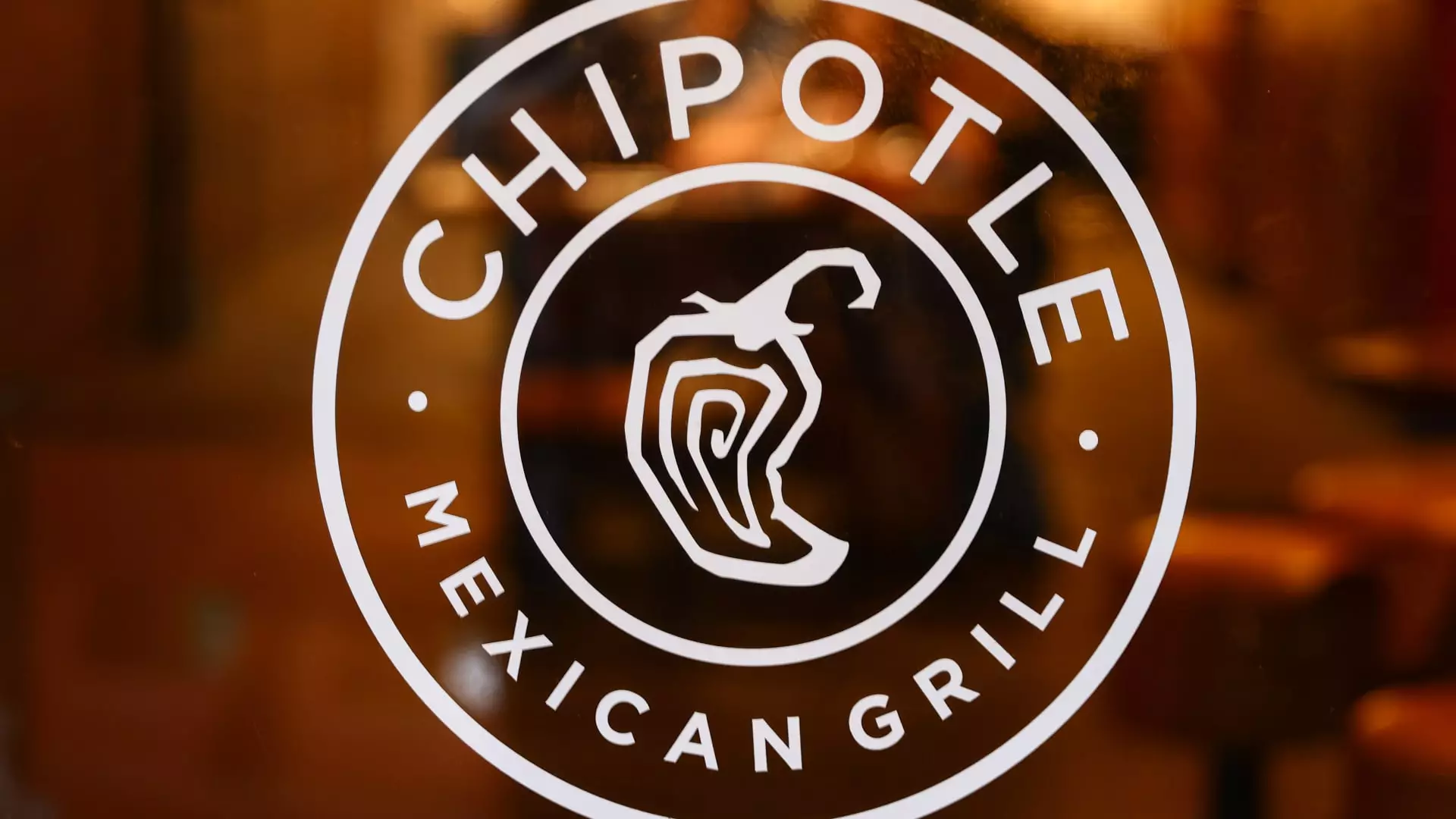Chipotle Mexican Grill’s upcoming debut in Mexico marks an intriguing chapter in the brand’s narrative. Opening its first location in a nation synonymous with rich culinary traditions and a profound reverence for authentic flavors presents not only an opportunity but also a considerable risk. This strategic venture comes at a time when the U.S.-Mexico relationship is fraught with tension, accentuated by ongoing trade disputes. Chipotle must tread carefully as it navigates historical perceptions and consumer expectations in a market known for its passionate culinary identity.
Strategic Partnership with Alsea
The decision to partner with Alsea, a heavyweight in the restaurant sector that oversees several well-known franchises in Latin America and Europe, signifies a calculated move by Chipotle. However, the effectiveness of this partnership raises eyebrows. Can Alsea adequately leverage local insights to ensure Chipotle’s adaptation? Alsea’s experience with brands like Starbucks and Burger King does not automatically translate to a successful fusion with Chipotle’s model—especially considering that fast-casual Mexican cuisine diverges substantially from traditional fare. It remains to be seen whether Alsea’s management style can resonate with local tastes or if they will simply attempt to impose a watered-down version of the Chipotle experience.
Market Misjudgments and Consumer Sentiments
Moreover, Chipotle’s optimism regarding Mexican consumers’ appreciation for its ingredients may be misplaced. It underestimates the deep-seated preferences for authentic Mexican food that have shaped the culinary landscape. Past failures of U.S. brands like Taco Bell in Mexico serve as a sobering reminder. These attempts have not only been commercial failures but have also often resulted in a backlash against brands perceived as outsiders misrepresenting local traditions. If Chipotle hopes to thrive, it must adopt a far more nuanced approach to local tastes while remaining true to the brand’s core values of freshness and quality—no easy balancing act.
Changing Palate, Changing Times
The recent diversification of Chipotle’s avocado sources highlights its efforts to adapt amid fluctuating trade policies. With about half of its avocados still sourced from Mexico, Chipotle faces a precarious situation. Political entanglements could threaten its supply chain and, by extension, its ability to deliver a consistent product. As trade wars loom, the implications of tariffs extend far beyond financial burdens; they touch the very essence of the culinary experience Chipotle claims to offer.
The Uncharted Future
With approximately 100 locations currently scattered across a handful of countries, Chipotle’s ambitious plans signal a desire to tap into broader Latin American markets. However, merely establishing a foothold is one thing—sustaining and growing in these markets is a different battle altogether. The question remains: will Chipotle adapt quickly enough to endear itself to a skeptical public, or will this venture be another cautionary tale of cultural misreadings in business?
The critical takeaway here is that while Chipotle’s intention to expand internationally may seem progressive, a profound understanding of local cultures and customs is paramount. The ultimate success or failure of this venture could redefine not only Chipotle’s approach to international markets but also the way American brands engage with global culinary landscapes.

